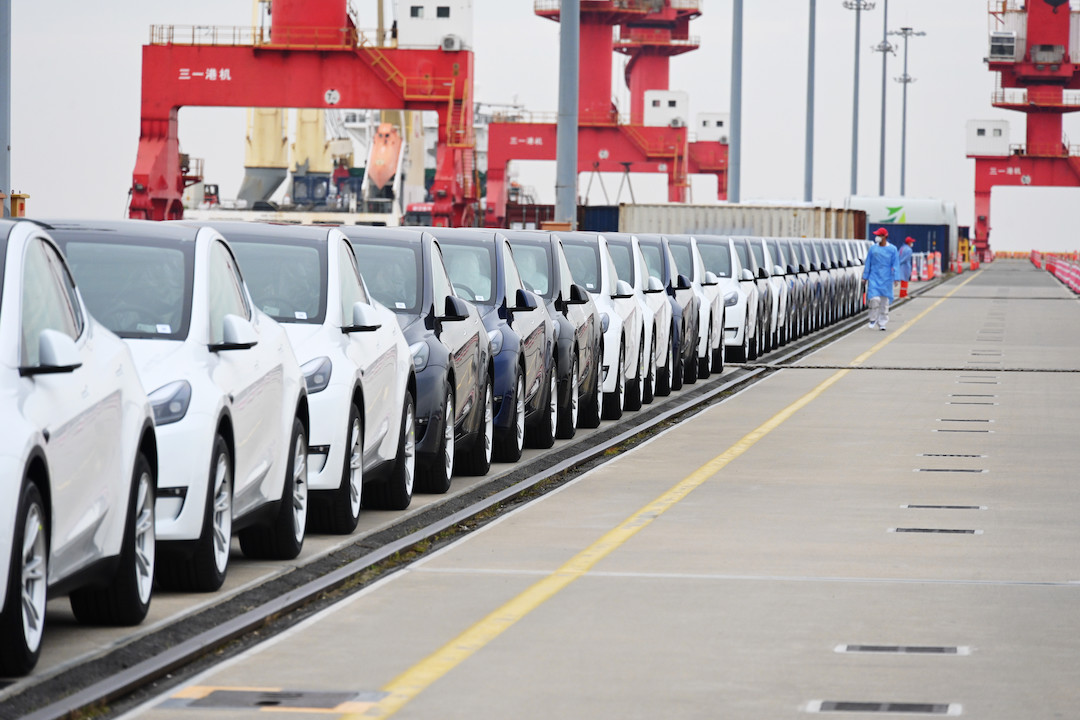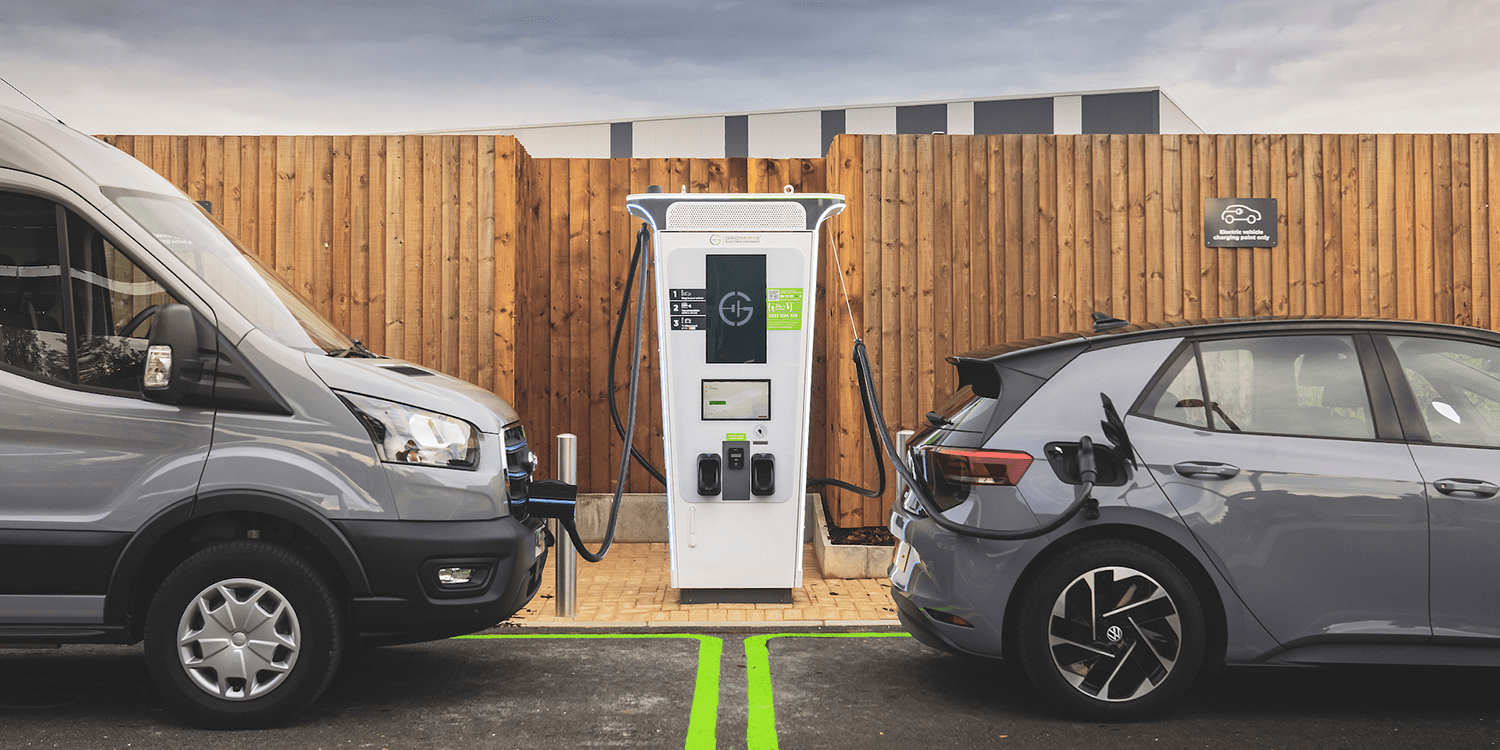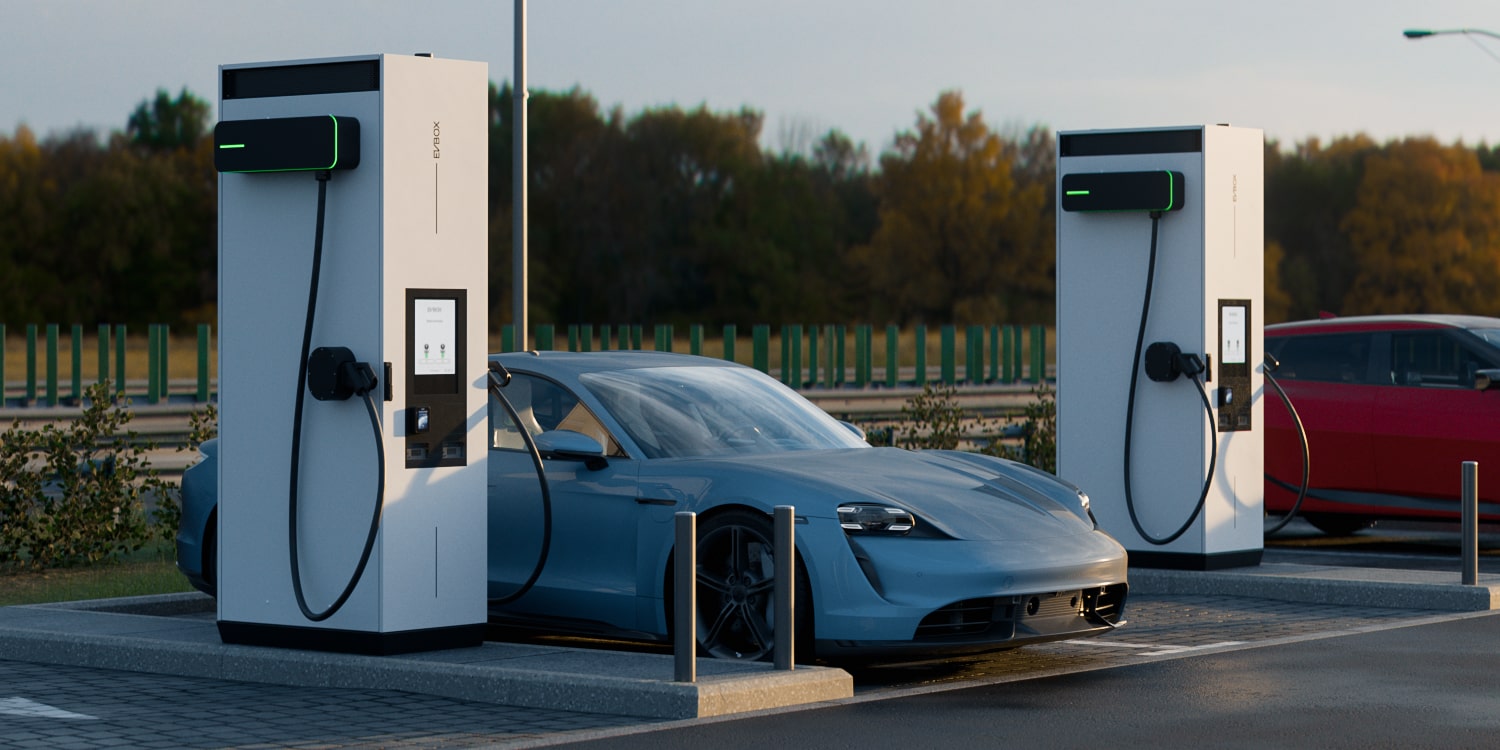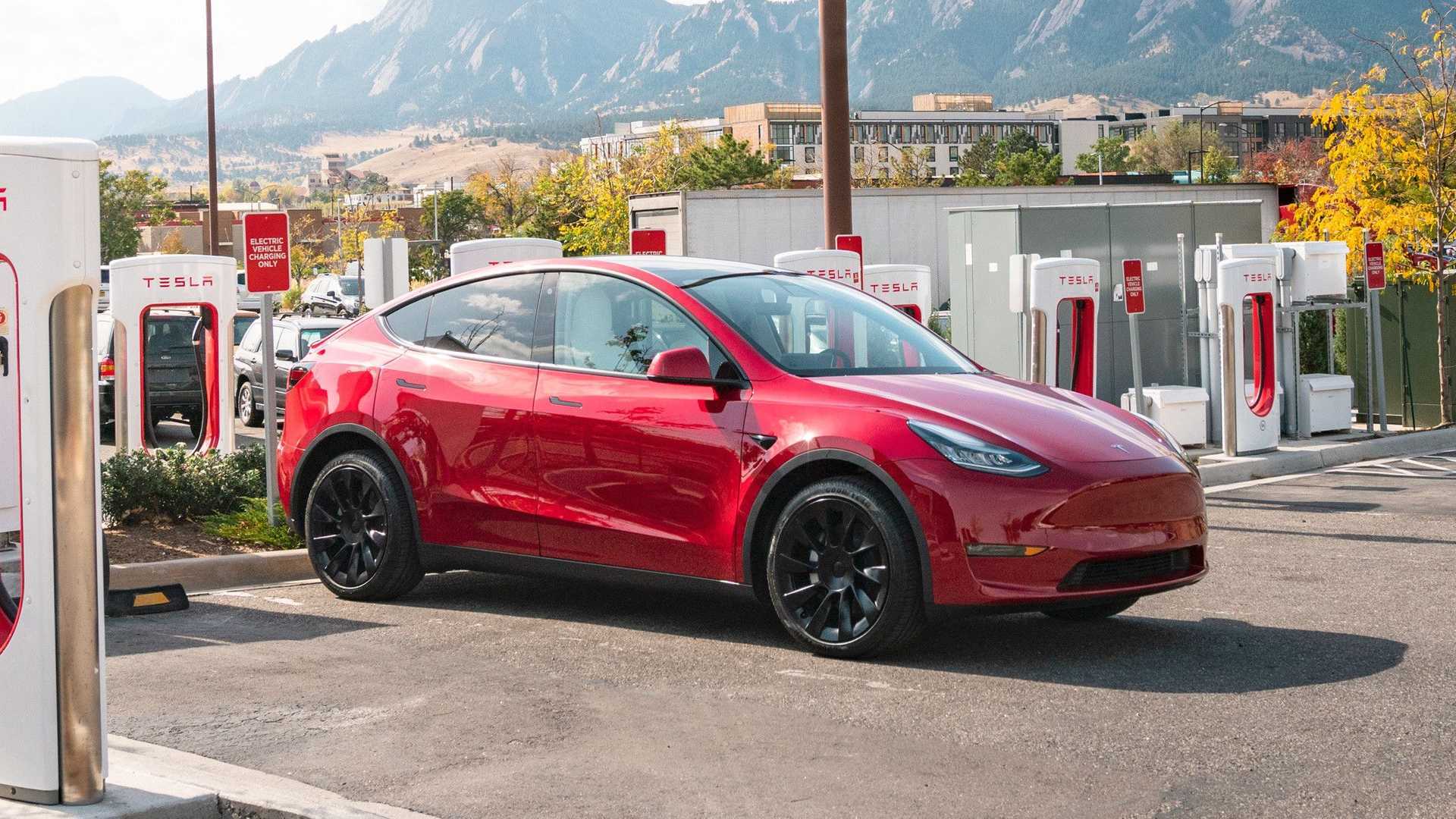On Monday, South Korea’s leading automotive industry research institute indicated that the global automobile market is on a trajectory to return to pre-pandemic levels this year, foreseeing a moderate growth pace amid an extended economic slowdown in the coming year.
Projections suggest a 10.4% increase in global automobile sales, reaching 90.1 million units in 2023 compared to the previous year. This optimistic outlook is attributed to improved supply chains for automotive components and reduced inventories of automobiles.
In 2024, the growth rate is anticipated to decelerate to 2.4% year-on-year, totaling 92.2 million units. Notably, the report highlights India and China as regions expected to outperform in terms of sales growth.
Despite the overall positive outlook, the institute cautions that the eco-friendly vehicle segment, particularly battery electric vehicles (BEVs) and plug-in hybrid electric vehicles (PHEVs), may face challenges due to potential shifts in government policies. The upcoming US presidential election in November 2024 could lead to a change in Washington’s stance on electric vehicles, posing political uncertainties for the sector.
Furthermore, concerns are raised about Europe potentially implementing policies to counter China’s influence in the electric vehicle market, adding another layer of unpredictability to the segment.
The institute notes a significant surge in combined sales of BEVs and PHEVs, witnessing a 37.6% increase to 13.9 million units in the first nine months of the year compared to the previous year. If this growth trend persists, combined sales for the entire year are estimated to range between 14 million and 14.5 million units.
Despite projections from research houses, including BNEF and Gartner, anticipating a moderation in sales growth of BEVs and PHEVs to around 20% next year, the prevailing industry perspective is that electric vehicles will continue to be a long-term growth driver for automakers.
Samsung Securities adds to this sentiment, suggesting that the upcoming commercialization of Tesla’s full self-driving software will significantly boost growth in the electric vehicle market, potentially pushing global EV sales to exceed 100 million units in the long term.







